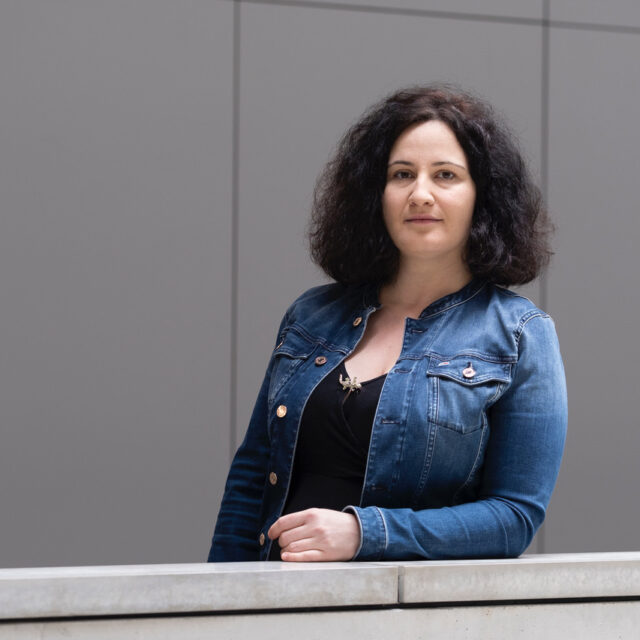Veronika Seidlová earned her Ph.D. in anthropology at the Faculty of Humanities (FHS), Charles University in Prague (2016).
Her dissertation is a multi-sited ethnographical study of a transnational flow of Vedic mantras. She is currently employed as an assistant professor at the FHS, Charles University in Prague. Veronika’s articles have been published in the following journals: Journal of Urban Culture Research, Národopisná revue, and Urban People. She co-edited Music – Memory – Minorities: Between Archive and Activism (with Zuzana Jurková, 2020), and is also an author of the audio-text publication “The Forgotten Voice of the Jeruzalémská Synagogue in Prague” published by the Jewish Museum in Prague with the support of the Phonogramm-Archive of the Austrian Academy of Sciences (with Alexander Knapp, 2008). She was curator and head of the Center for Documentation of Popular Music and New Media in the National Museum – Czech Museum of Music.
TITEL OF PRESENTATION: Mantra Behind the Iron Curtain
ABSTRACT
This paper is based on the analysis of data from biographical interviews with a sample of musicians, who are understood as key actors in starting the process of (sub)cultural representation of Hindu mantras in former Czechoslovakia during the Communist era, as they included elements of Hindu ritual chant in their own secular music practice on the alternative music scene. The interviews have been part of ethnomusicological research in which I track mantras (as an example of a heterogeneous local religious practice turned into a globalized spiritual music phenomenon) on their complicated path from India to the Czech Republic where this phenomenon was in general appropriated later and with different meanings than in the countries of Western Europe and North America because of a different geopolitical context. The paper explores musicians’ narratives on the re-contextualization of the ritual chanting of the Hindu religion (officially and virtually non-existent in the Czechoslovak state with anti-religious totalitarian state ideology) by the secular alternative music scene (labeled as politically subversive), with the aim of achieving the altered state of consciousness and, in a broader sense, acquiring individual agency resistant to the dominant discourse.
